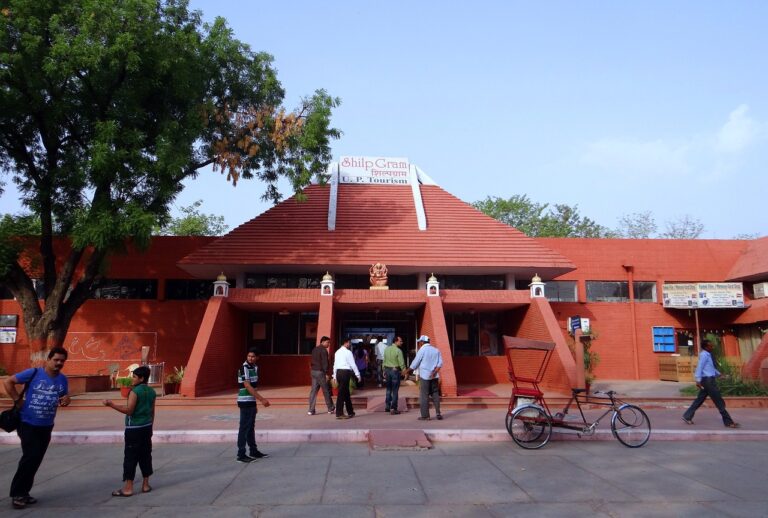Canvassing and the Empowerment of Marginalized Communities: 11xplay id, Laser247.com login, World777 sign up
11xplay id, laser247.com login, world777 sign up: Canvassing in Digital Town Halls: Engaging Voters Virtually
In the ever-evolving world of politics and campaigning, reaching voters has become increasingly more complex. Gone are the days of traditional door-to-door canvassing as the sole means of engaging with constituents. With the rise of technology and social media, politicians are now turning to digital town halls as a way to connect with voters virtually. This shift towards online engagement has proven to be a valuable tool for reaching a broader audience and fostering meaningful discussions on important issues.
Digital town halls offer a platform for politicians to interact with voters in real-time, allowing for a two-way conversation that traditional methods of outreach simply cannot replicate. By utilizing social media platforms, email campaigns, and live streaming services, politicians can engage with voters regardless of geographical location or time constraints. This level of accessibility is crucial in today’s fast-paced world where people are constantly bombarded with information from all angles.
One of the key benefits of digital town halls is the ability to reach a larger audience. With just a few clicks, politicians can broadcast their message to thousands of people at once, making it easier to connect with voters who may not have the time or resources to attend in-person events. Additionally, digital town halls allow for greater flexibility in scheduling, making it easier to accommodate busy schedules and reach a diverse range of constituents.
Moreover, digital town halls provide a more cost-effective alternative to traditional campaigning methods. With no need for printed materials or physical venues, politicians can save time and money while still effectively engaging with voters. This budget-friendly approach is especially beneficial for smaller campaigns or candidates with limited resources, allowing them to compete on a level playing field with larger, more well-funded opponents.
In addition to reaching a larger audience and saving costs, digital town halls also offer the opportunity for more targeted engagement. Politicians can tailor their digital outreach efforts to specific demographics, issues, or regions, ensuring that their message resonates with the right audience. This level of customization allows for more meaningful interactions and a deeper connection with voters, ultimately leading to increased trust and support.
Another advantage of digital town halls is the ability to gather feedback and insights in real-time. By utilizing polling features, Q&A sessions, and interactive discussions, politicians can gauge public opinion on key issues and tailor their messaging accordingly. This real-time feedback loop not only allows for more informed decision-making but also helps politicians stay connected with the pulse of their constituents.
Overall, digital town halls represent a powerful tool for modern campaigning, offering a more efficient, cost-effective, and targeted means of engaging with voters. By embracing technology and harnessing the power of online platforms, politicians can effectively connect with constituents, drive meaningful conversations, and ultimately build stronger relationships with the people they represent.
FAQs
Q: What is a digital town hall?
A: A digital town hall is a virtual event where politicians engage with voters through online platforms such as social media, email campaigns, and live streaming services.
Q: How can digital town halls benefit politicians?
A: Digital town halls offer a more cost-effective, efficient, and targeted means of engaging with voters, allowing politicians to reach a larger audience, gather real-time feedback, and tailor their messaging accordingly.
Q: Are digital town halls accessible to all voters?
A: Yes, digital town halls are designed to be accessible to a wide range of constituents, regardless of geographical location or time constraints. Politicians can reach a diverse audience through online platforms, making engagement more inclusive and democratic.







